Indian export ban causes import headaches
By Angus Groves
18th May, 2022
The global market caught a shock late last week when India announced an abrupt ban on its wheat exports on May 14. The ban is in part due to a series of heatwaves during March that have impacted wheat production in the country. Government officials have also suggested the decision has been made to curb food hoarding and to check rising prices during a time coinciding with record retail inflation in the country.
The Indian government’s revised wheat production estimate is 105 million tonnes, lowered from the initial forecast of 111 million tonnes. The country was anticipating an exportable surplus of wheat this year, which is unusual for India. This would have benefited the country greatly with the ongoing crisis between Russia and Ukraine limiting supplies of wheat to many importing countries around the world.
The other news driving wheat markets higher late last week was the USDA report that showed the US winter wheat crop forecast coming in well below the market’s expectations. This sent futures soaring on Friday morning Australian time and has sparked fears of further stoking inflation and global hunger crises across the world.
Back on home soil it continues to rain across the East Coast with another system soaking many parts of New South Wales and Queensland. This heavy rain has meant there have been a number of establishment concerns across the state with many paddocks now far too sodden for young seedlings.
There is a particular risk to canola areas across Central New South Wales with a number of paddocks resembling small lakes and rivers rather than canola crops. And as we push through the later stages of May growers could be incentivised to leave expensive canola seed out of their rotation in favour of cheaper wheat and barley crops.
The key factor playing into the decision to leave canola out of the planting mix is the ever-increasing local prices for new season wheat and barley. Prices for APW multi-grade wheat contracts are well over $400/t delivered to your local silo. Whilst feed and malt barley prices are over $300/t and $400/t, respectively delivered local depot.
With cereal crops being a much cheaper crop to grow and with input prices at historical highs, many farmers might opt to de-risk their operations going forward and plant more wheat and barley when paddocks are dry enough to begin sowing again.
The other factor to consider this year is the execution risks plaguing the industry to date. Be it trucks or trains affecting the efficient loading of vessels at port, the industry is really struggling with successive above average crops.
The simple fact of the matter is the world wants Australian commodities due to varying supply factors around the world. Unfortunately, across many parts of the country right now, we are facing challenges getting product out of the country. For us to remain as reliable supplier of commodities to the world, let’s hope these hold ups can be rectified as soon as possible.
A logistical nightmare
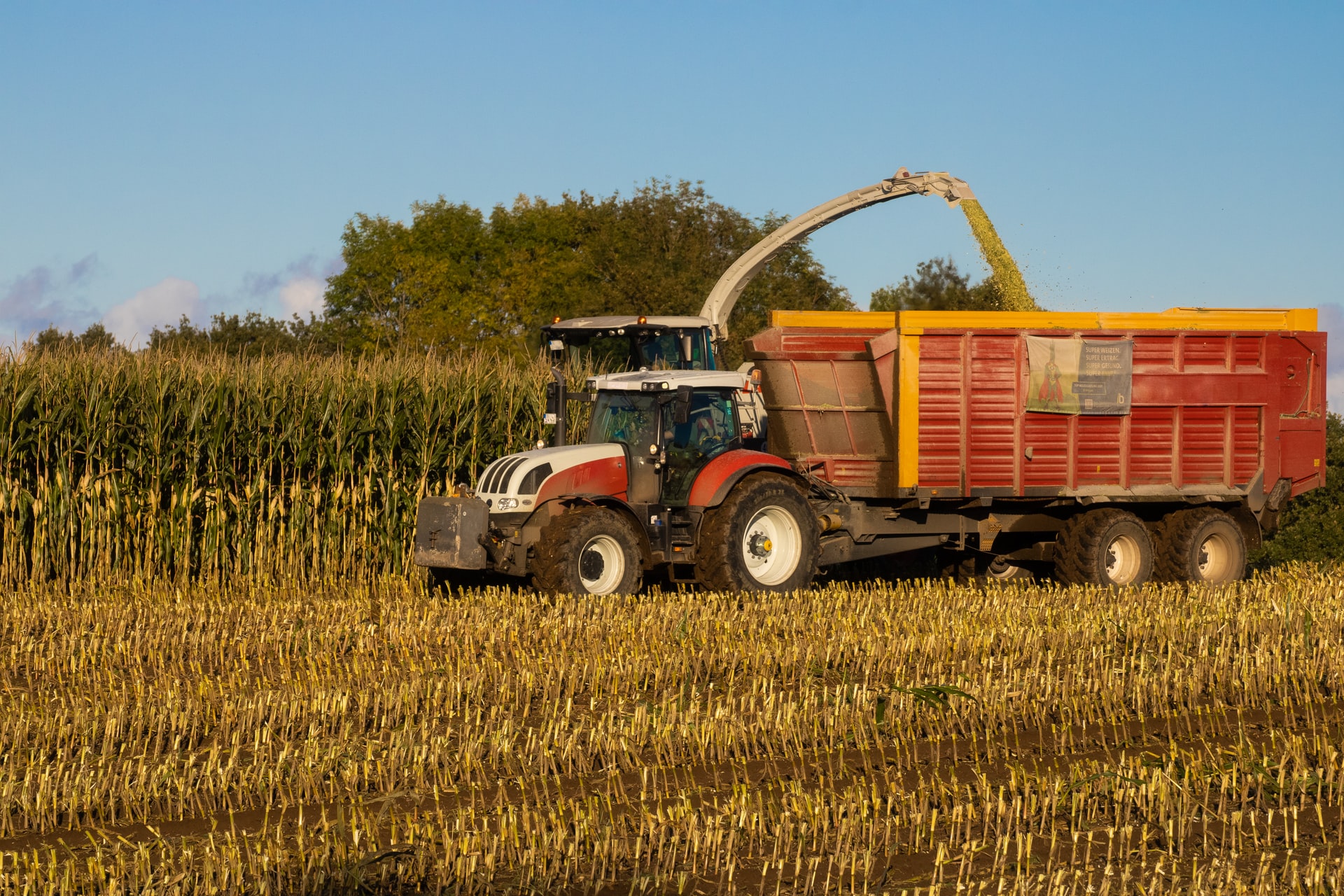
The recent harvest provided a physical and emotional rollercoaster with the highlights of big yields and strong pricing counterbalanced by persistent harvest rains and the subsequent delays and quality issues.
Read MoreOilseed demand lifts acreage
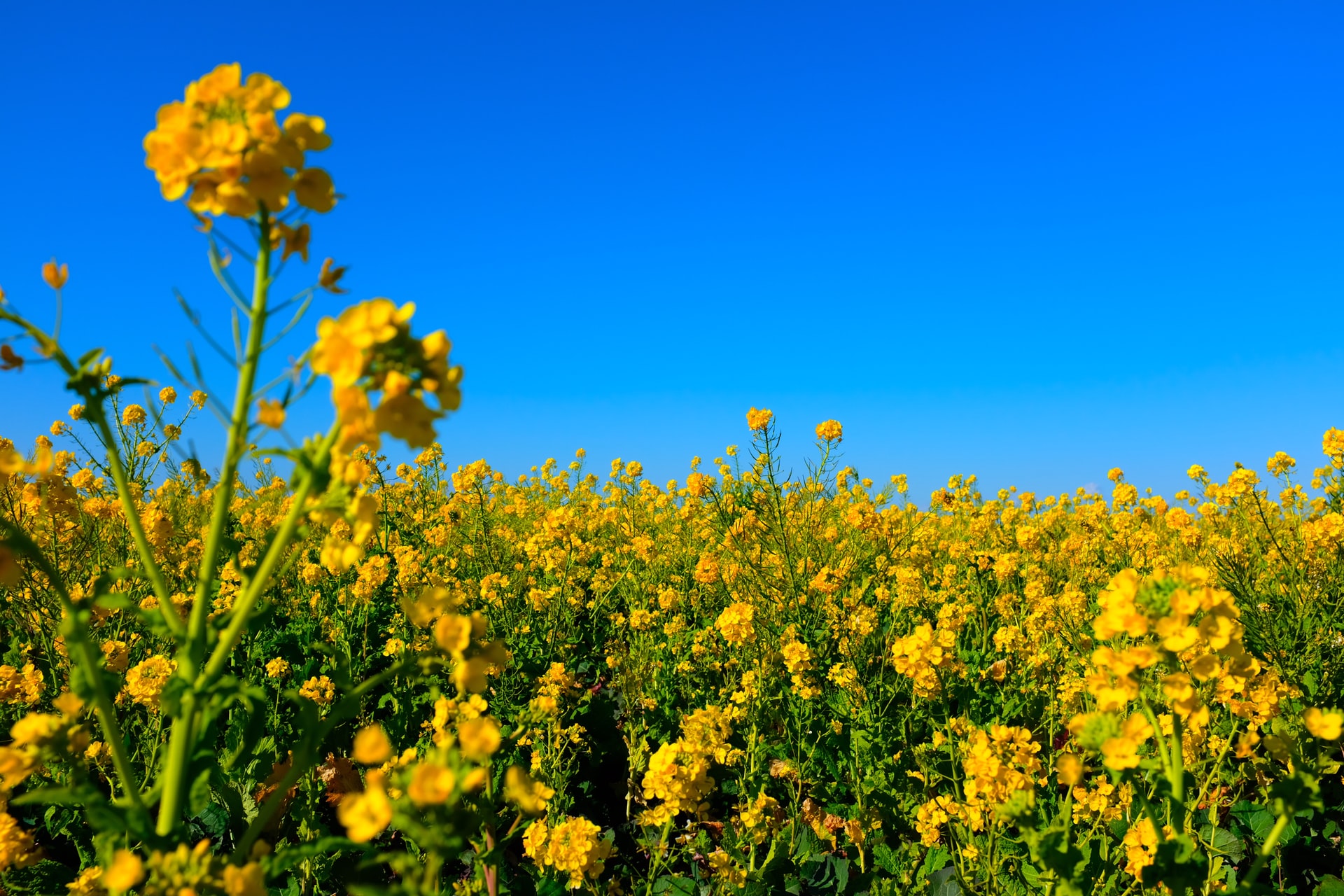
Significant increases to crop input prices hasn't slowed the efforts to plant this year's winter crop as almost the entire east coast has been gifted a well-timed and wide-spread autumn break.
Read MoreOptimal conditions align for winter crop
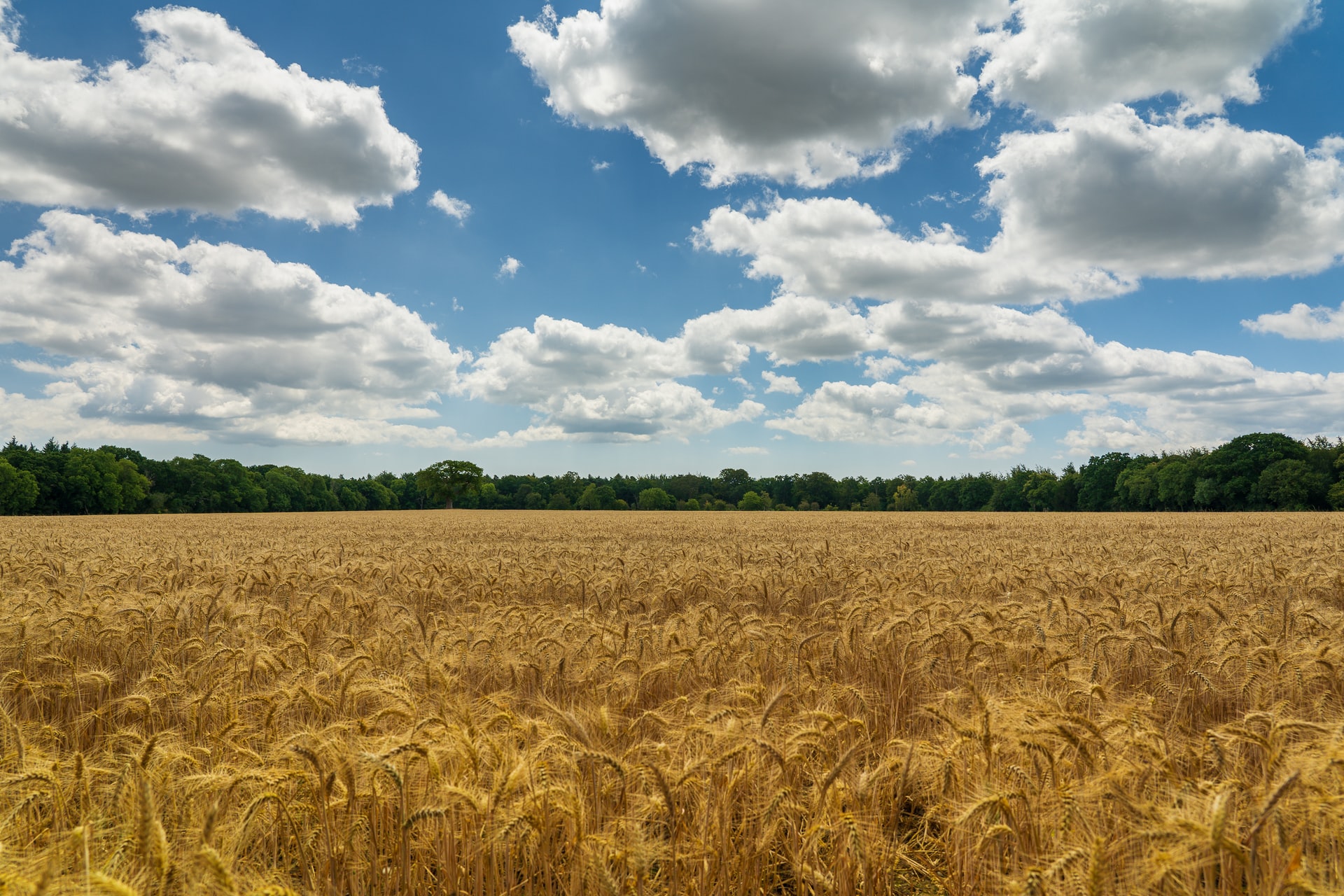
As sowing programs across the country ramp up on what for the most part is a full moisture profile, Australian farmers look primed to capitalize on record prices for their product.
Read MoreWhere to from here

In recent months 'volatile' seems to have been the word of choice to try and describe grain market movements and, given we unfortunately don't appear any closer to a resolution to the crisis in Ukraine, it appears this description is likely to remain popular for some time yet.
Read MoreExisting world grains issues persist

Another week rolls by and another round of inputs into the discussion, more forcibly argued depending on the side of the fence you sit, seller or buyer.
Read MoreWatching for the flashes

Without a meaningful resolution in sight for the crisis in Ukraine, the market continues to trade under the expectation that disruptions to Black Sea grains and oilseeds will be felt for a while yet, increasing the requirement for alternative origins to step up and fill the shortfall.
Read MoreSowing intentions start to emerge
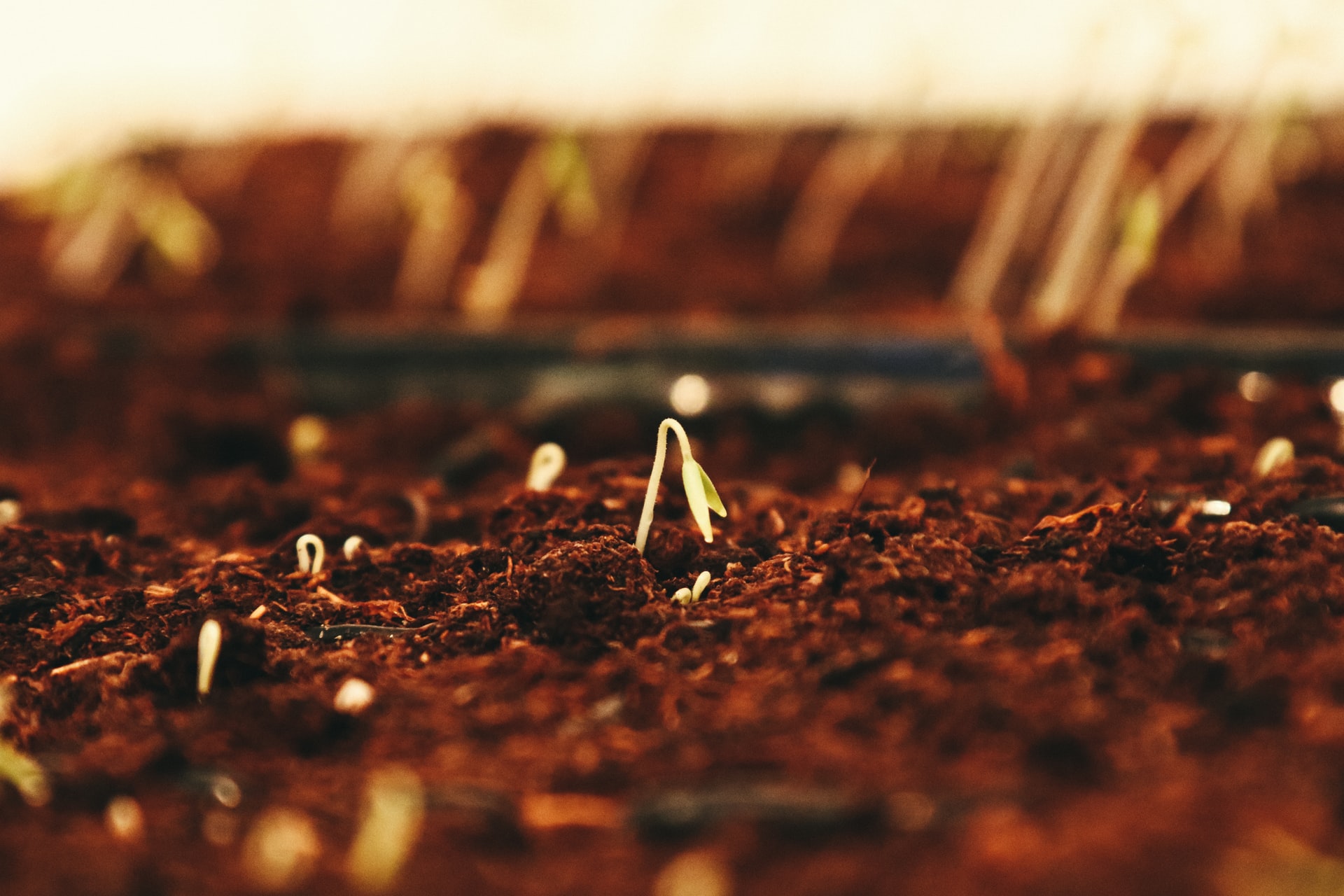
International markets continue to trade erratically on the back of expected supply chain disruptions due to the situation in Ukraine. Whilst we all hope for a swift end to the conflict, it is impossible to predict how things will progress and as such international markets continue to trade volatile ranges on a daily basis.
Read MoreSome other things to watch
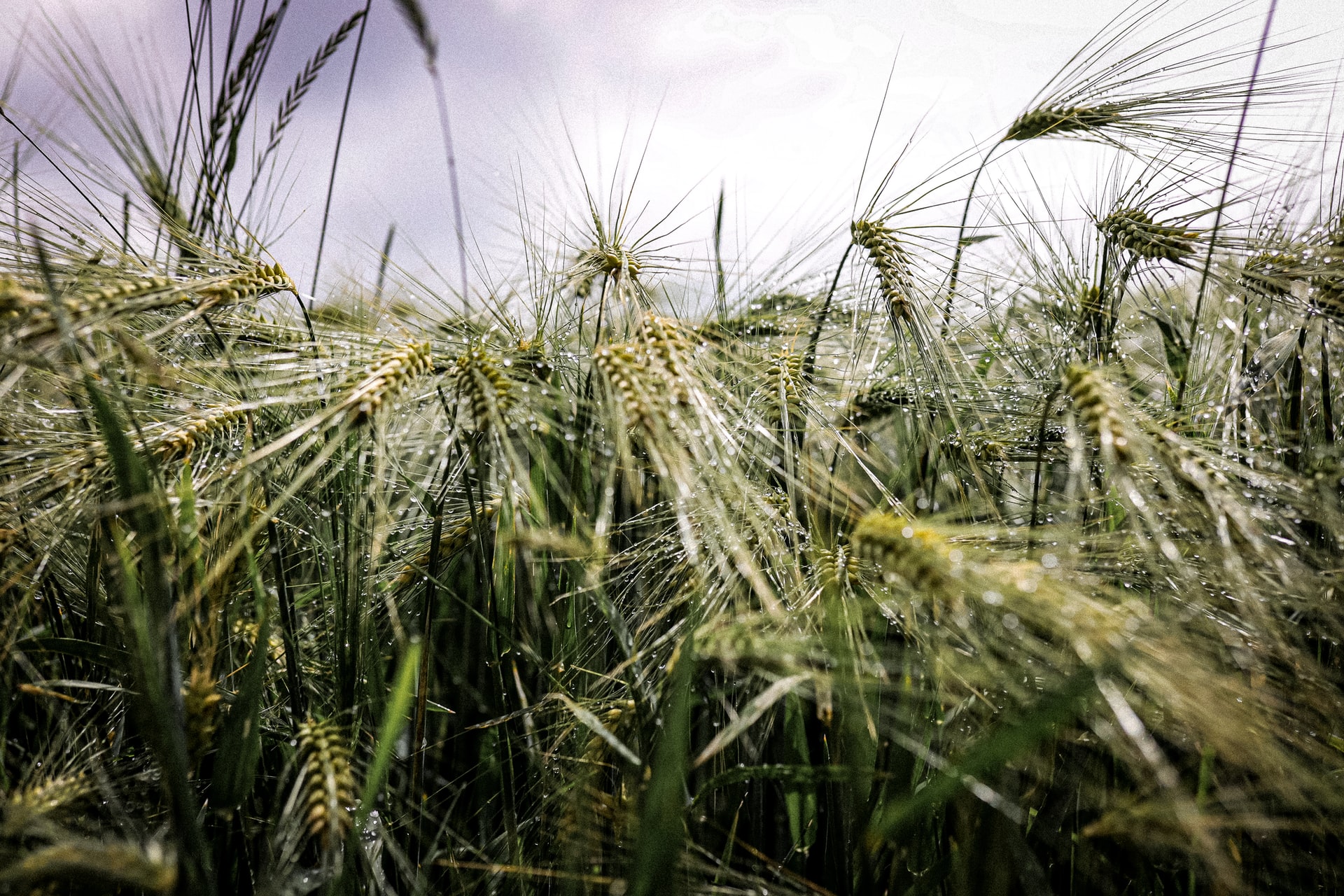
There is no doubt that the most significant influence on today's grains and oilseeds markets is the situation in Ukraine - the unknowns of what will be planted, fertilised, harvested and exported from this important region is creating a nervous trading environment, prone to jumping at shadows.
Read MoreVolatility likely to remain a key theme as we near sowing window
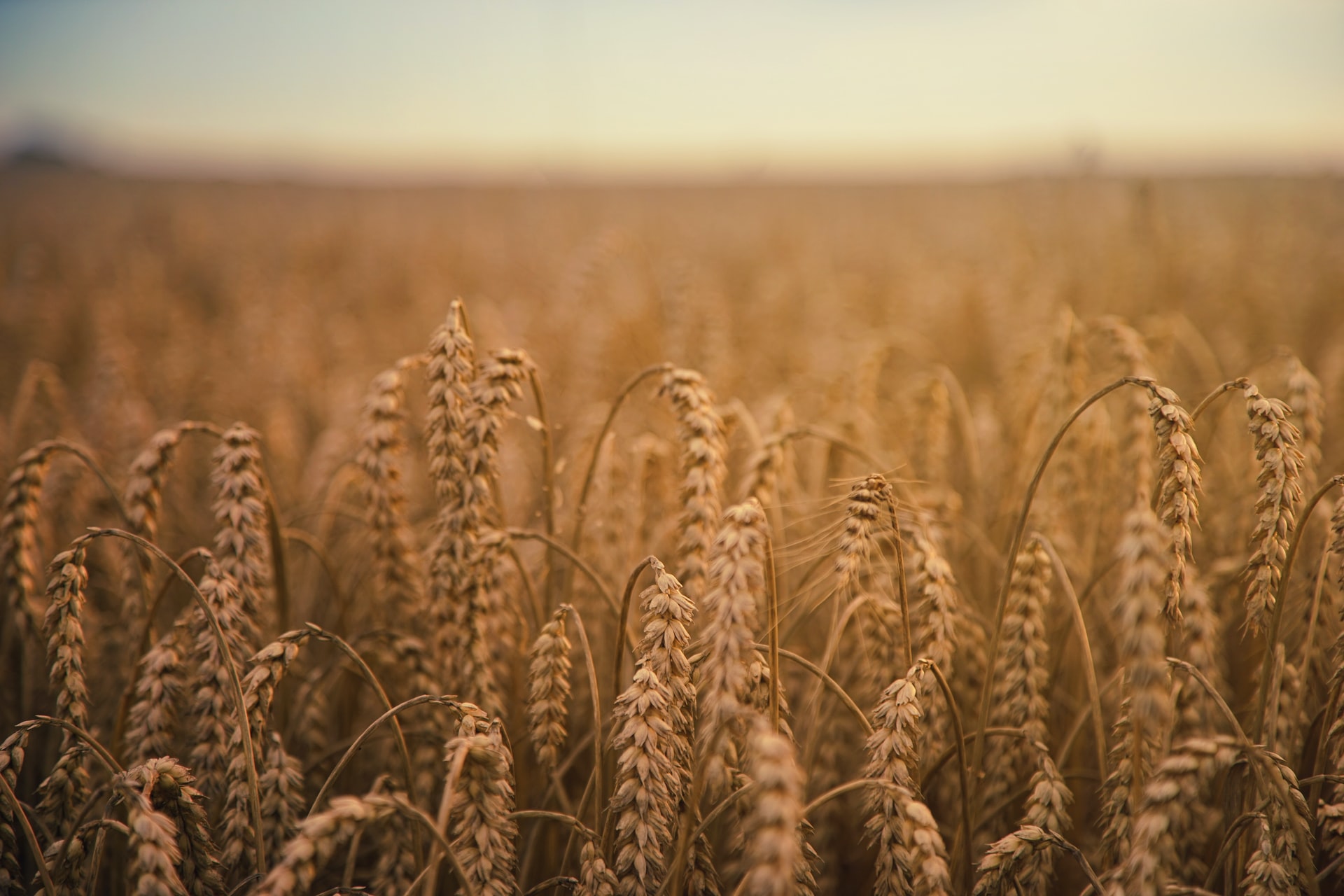
As the devastating situation in Ukraine continues to reverberate around the world, we saw the dramatic effect on commodity markets last week with large price swings as the market digests each headline.
Read MoreRecord crops but volatile prices
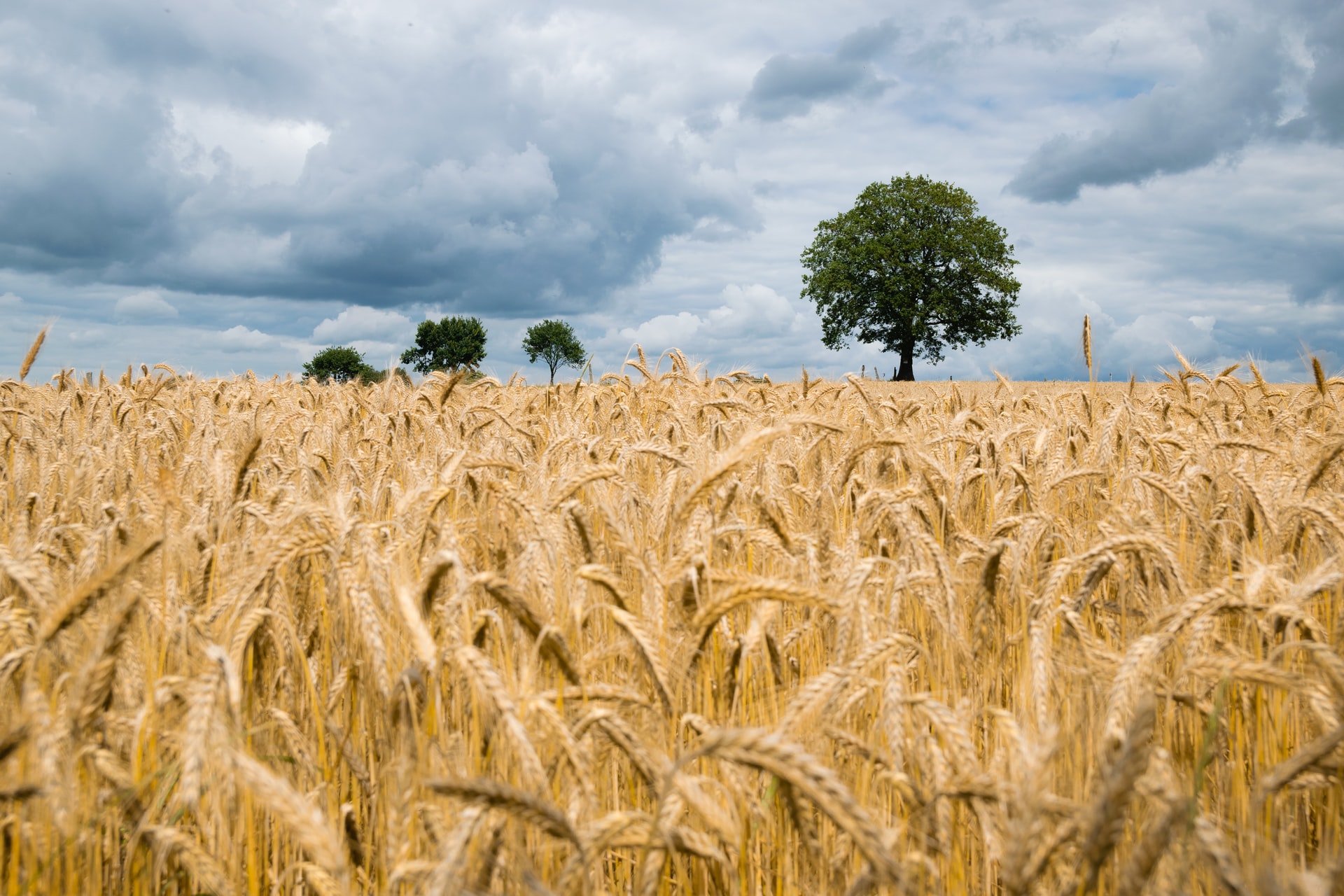
As the shock of crisis overseas settles in after two weeks since it began, unfortunately the devastating situation in the Black Sea doesn't appear to be dissipating anytime soon...
Read More